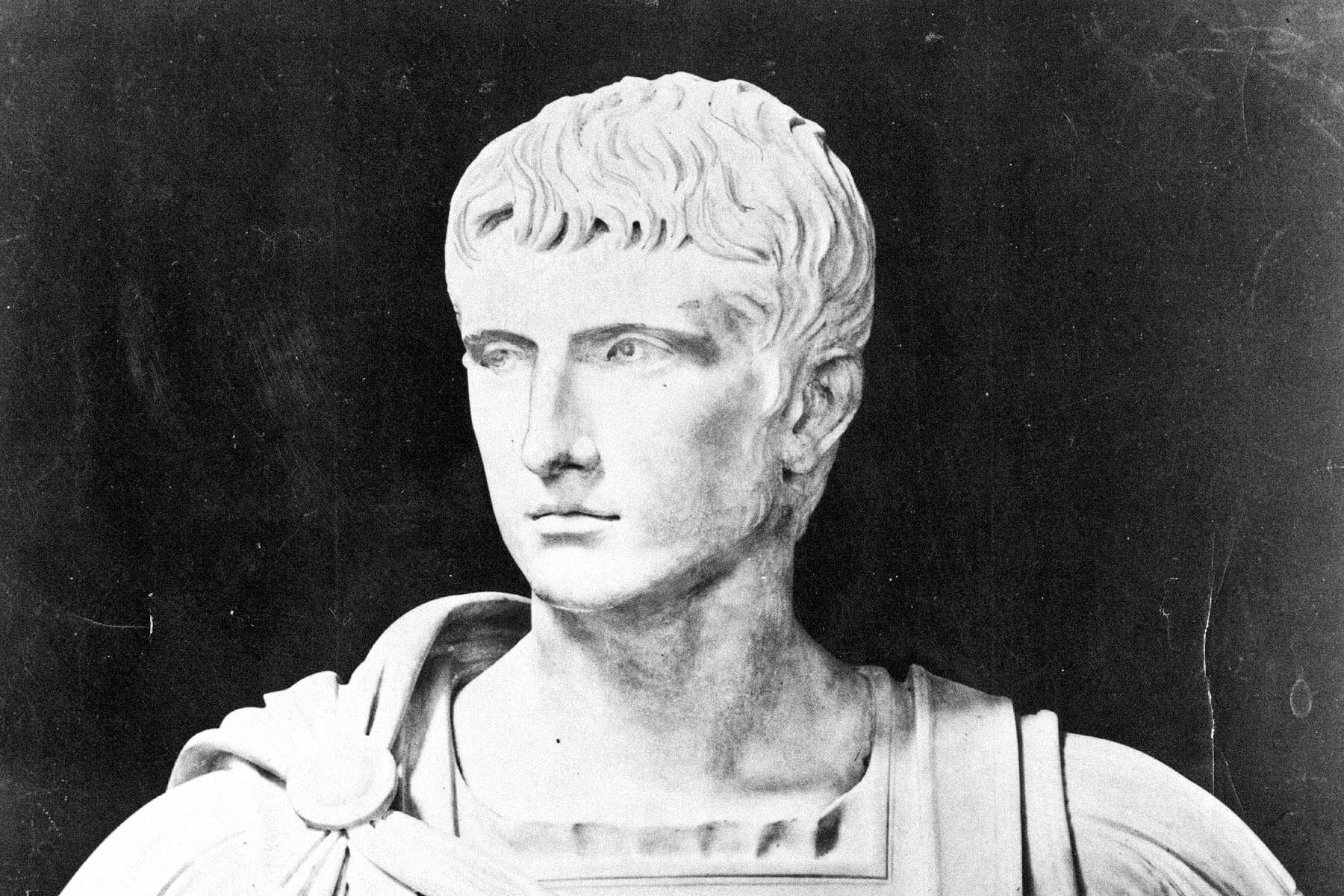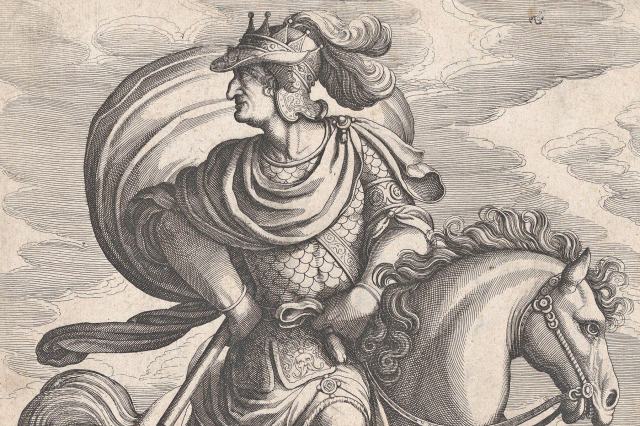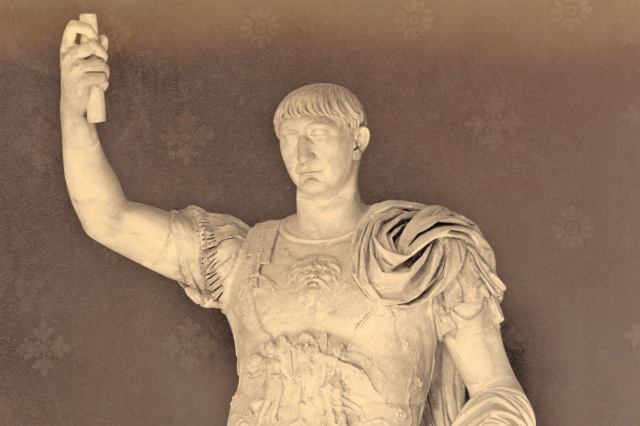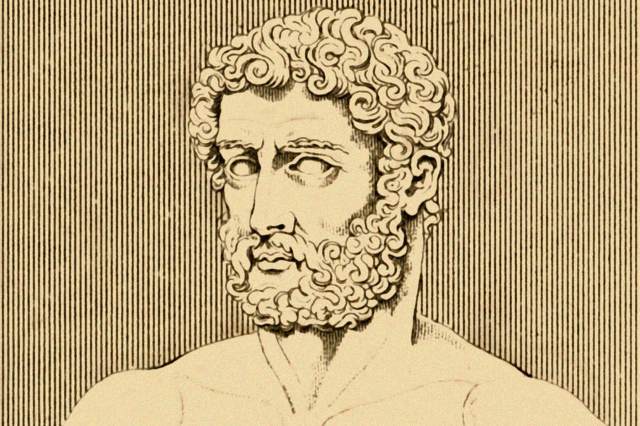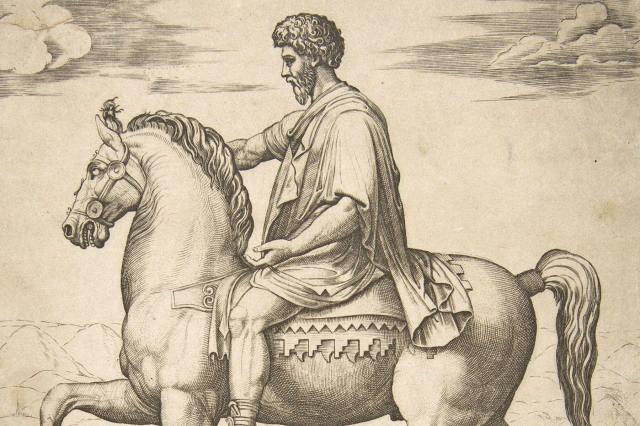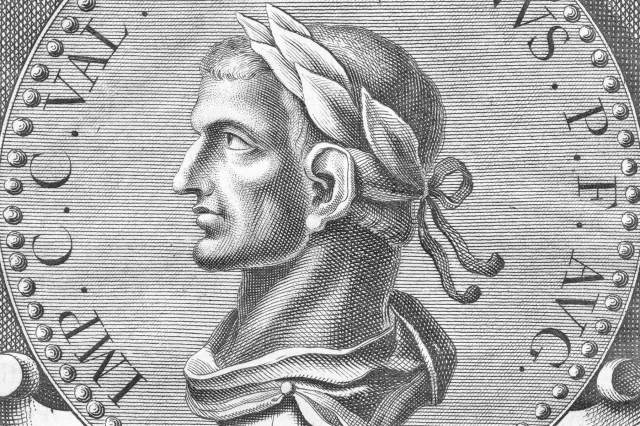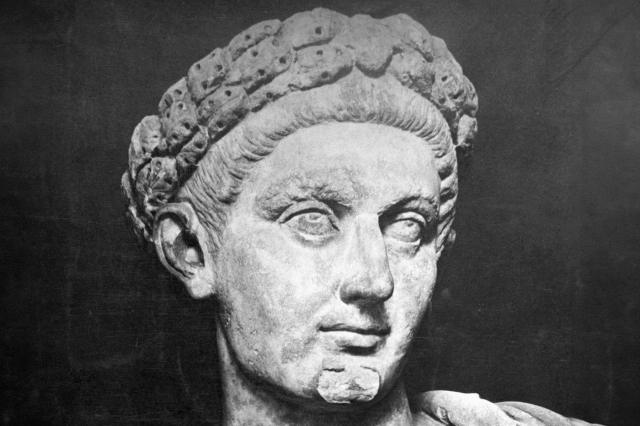7 Roman Emperors Everyone Should Know
Although Rome reached the pinnacle of its power and influence during the imperial era, which stretched from approximately 27 BCE to 476 CE, it wasn’t always easy for emperors during this period to run a tight ship. Not only did these imperial rulers endure threats from both hostile invaders and supposed allies who secretly plotted to gain power for themselves, but they also faced the myriad challenges of maintaining order among the disparate cultures of an empire that touched three continents and encompassed nearly 1.7 million square miles at its peak.
While some emperors succumbed to the pressures of the job and the temptation of corruption, others proved to have the vision and mettle to adjust as needed and propel the empire forward for the next generation. Here are seven Roman emperors who excelled in the role, helping ensure that the memory of Rome would endure for posterity.
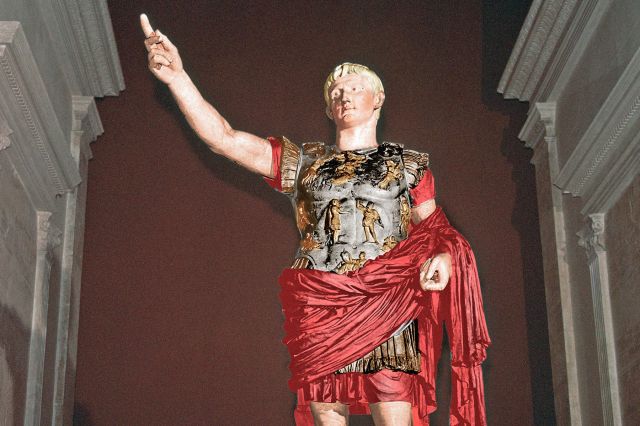
Augustus (27 BCE-14 CE)
Although Julius Caesar proclaimed himself supreme leader in the dying days of the Roman Republic, it was his grandnephew and adopted son Augustus who marked a new era as Rome’s first emperor. Rich from the spoils of victory over Cleopatra’s Egypt, Augustus embarked on a building program that included necessary projects such as new roads and aqueducts, as well as awe-inspiring marvels including the Temple of Apollo Palatinus and the Theater of Marcellus. He also founded a postal system, installed a police and firefighting force, and secured the ever-expanding empire’s borders by establishing a standing army. While his boast of having transformed Rome from a city of clay to one of marble was hyperbole, it’s no exaggeration to say that Augustus’ impressive 40-year rule kick-started the two-century period of prosperity known as the Pax Romana, or “Roman Peace.”





